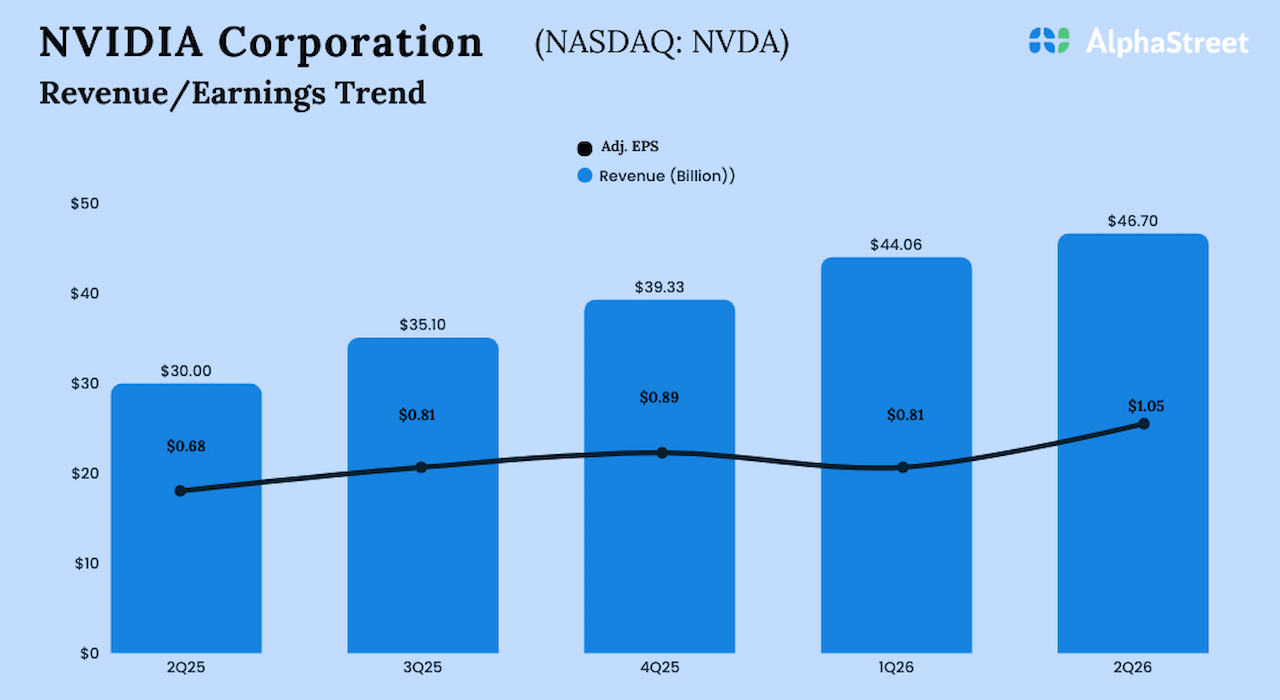Two Russian banks have opened a special vostro account following permission from the Reserve Bank of India to facilitate overseas trade in rupee.
Sberbank and VTB Bank — the largest and second-largest banks of Russia — are the first foreign lenders to receive this approval after the RBI announced the guidelines on overseas trade in the rupee in July.
Sberbank and VTB Bank have opened special vostro account in their respective branches in Delhi, sources said. Last month, state-owned UCO Bank received the RBI’s approval to open a special vostro account with Gazprombank of Russia.
The Kolkata-based lender, among the first banks to receive the regulator’s approval following the RBI’s decision to promote rupee settlement, opened the account during this month. The move to open the special vostro account clears the deck for settlement of payments in rupee for trade between India and Russia, enabling cross-border trade in the Indian currency, which the RBI is keen to promote.
The RBI has allowed the special vostro accounts to invest the surplus balance in Indian government securities to help popularise the new arrangement. According to reports, Gazprombank is only facing sectoral sanctions, and is not under the Specially Designated Nationals, or SDN, sanctions.
UCO Bank already has a vostro account-based facility with Iran. Gazprombank, or GPB, is a privately-owned Russian lender and the third largest bank in the country by assets.
Last month, the RBI and the finance ministry had asked the top management of banks and representatives of trade bodies to push export and import transactions in rupee. They wanted the banks in India to connect with their foreign counterparts for opening special rupee vostro accounts to facilitate cross-border trade in the Indian currency rather than the popular mode of the US dollar.
“Indian importers undertaking imports through this mechanism shall make payment in INR, which shall be credited into the special vostro account of the correspondent bank of the partner country, against the invoices for the supply of goods or services from the overseas seller/supplier,” RBI had said earlier.







































